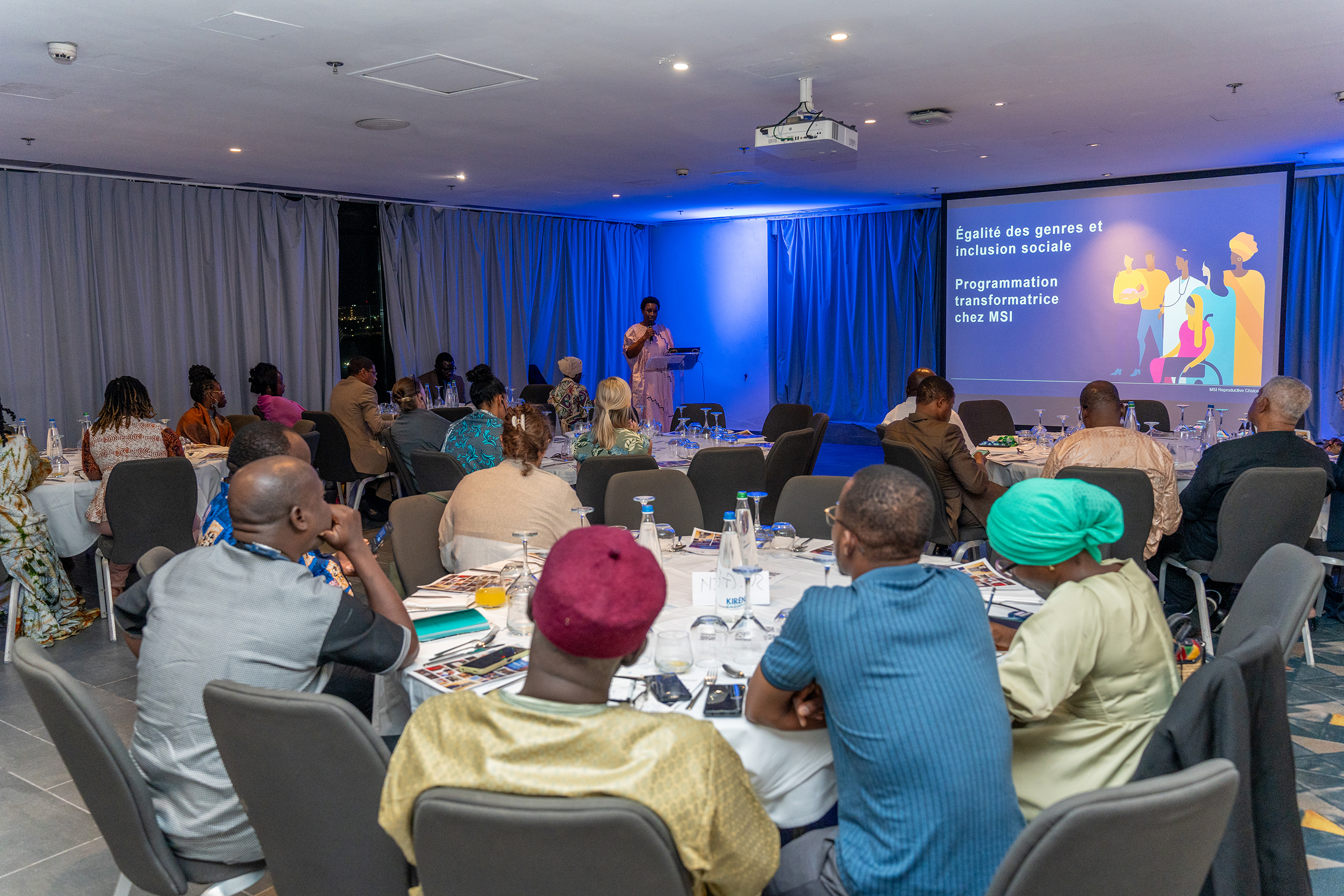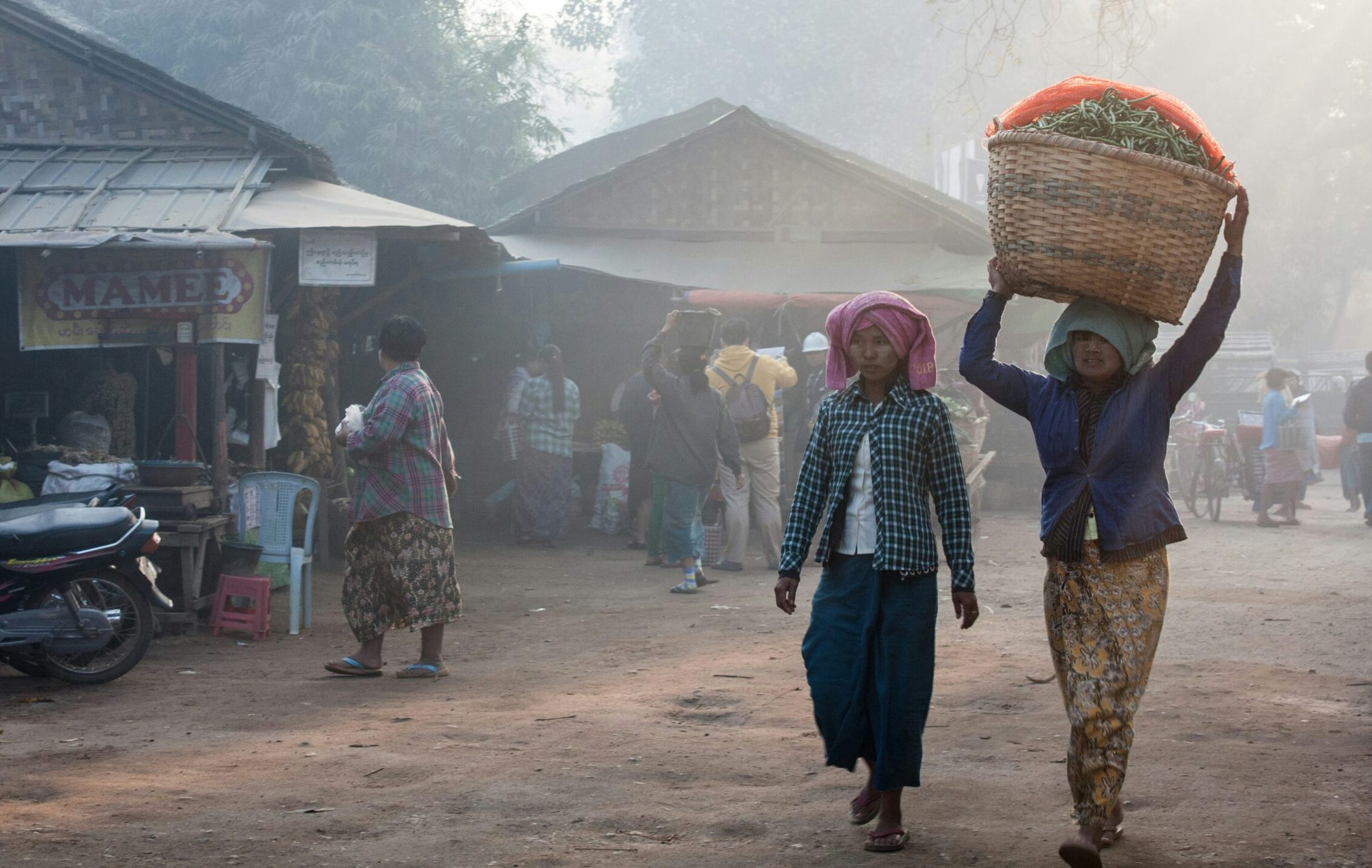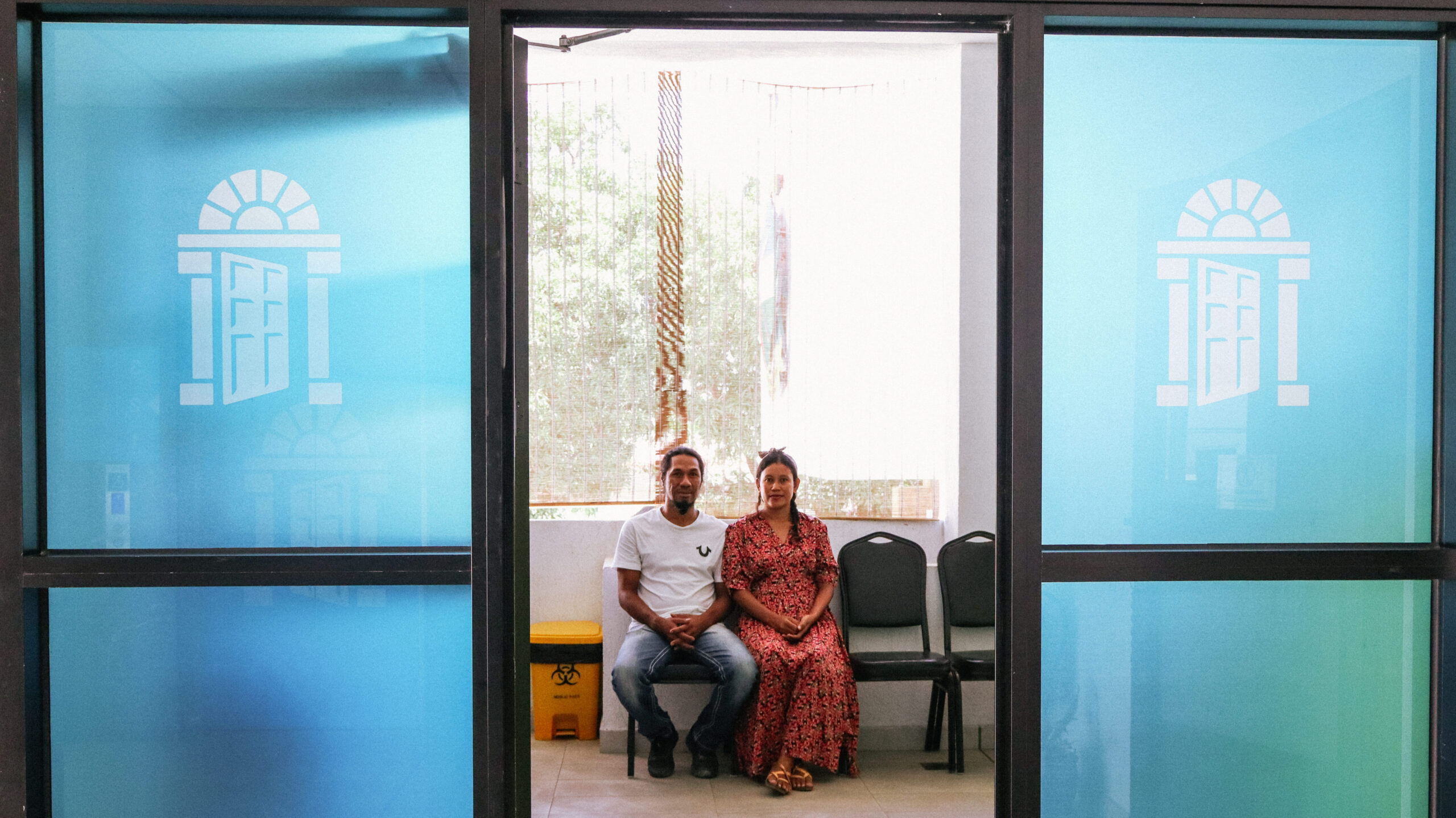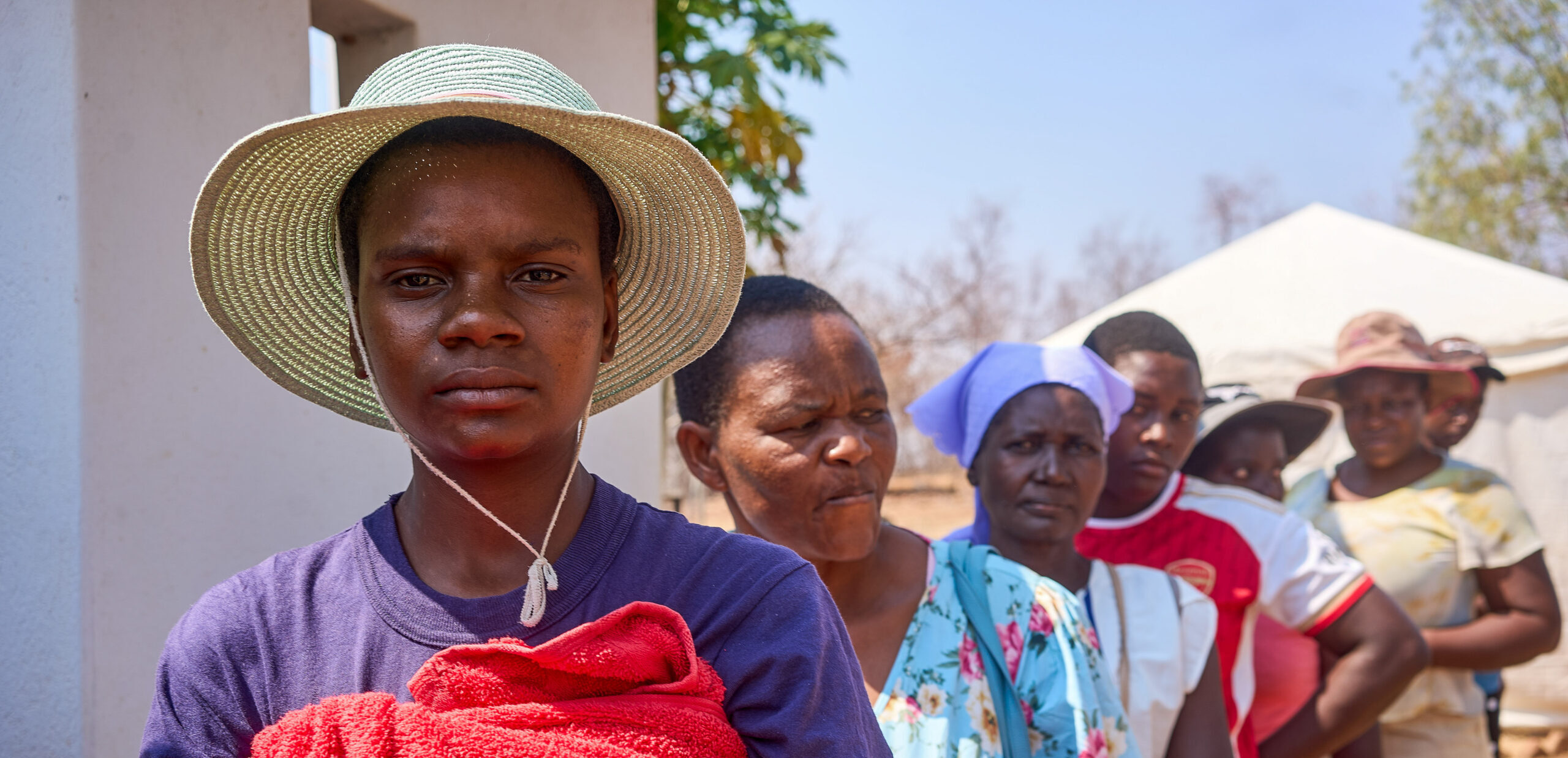The Ouagadougou Partnership brings together key sexual and reproductive health and rights players from across Francophone West Africa. The aim is to double the current number of users of modern contraception to reach 13 million users by 2030.

This year, the Ouagadougou Partnership annual meeting took place in Abidjan, Côte d’Ivoire from 11 to 13 December focused on the theme of ‘Gender and reproductive health: strategies for social and behavioural change in favour of young people’.
As a key partner within the Ouagadougou Partnership, MSI Reproductive Choices organised a dinner at the annual meeting, inviting donors, government representatives and partners to attend. MSI and partners were proud to share the successes, lessons and challenges from our social and behavioural change strategies that are reducing barriers for adolescent access across Burkina Faso, Mali, Niger and Senegal.
MSI was particularly delighted to showcase innovations and approaches from our gender equality and social inclusion (GESI) strategy, including our MSI Sisters model in DRC; the Zero Pregnancy in Schools project in Senegal; Dambé Musso project in Mali; the Ideal Family approach in Burkina Faso; and our Religious Leaders as Family Planning Champions programme in Niger.
The partners’ dinner was well attended by a range of donor representatives who heard directly from our government partners, including Ministry of Health directors from reproductive health departments, civil society partners from Burkina Faso, DRC, Niger, Mali and Senegal, and young people themselves, about the impact that MSI and partners are having in increasing adolescent access to quality services.
MSI extends a huge thanks to all our partners who attended the event—from civil society, government partners and donors—and those who generously shared their insights on how we can increase access to quality reproductive healthcare for young people in West Africa.








